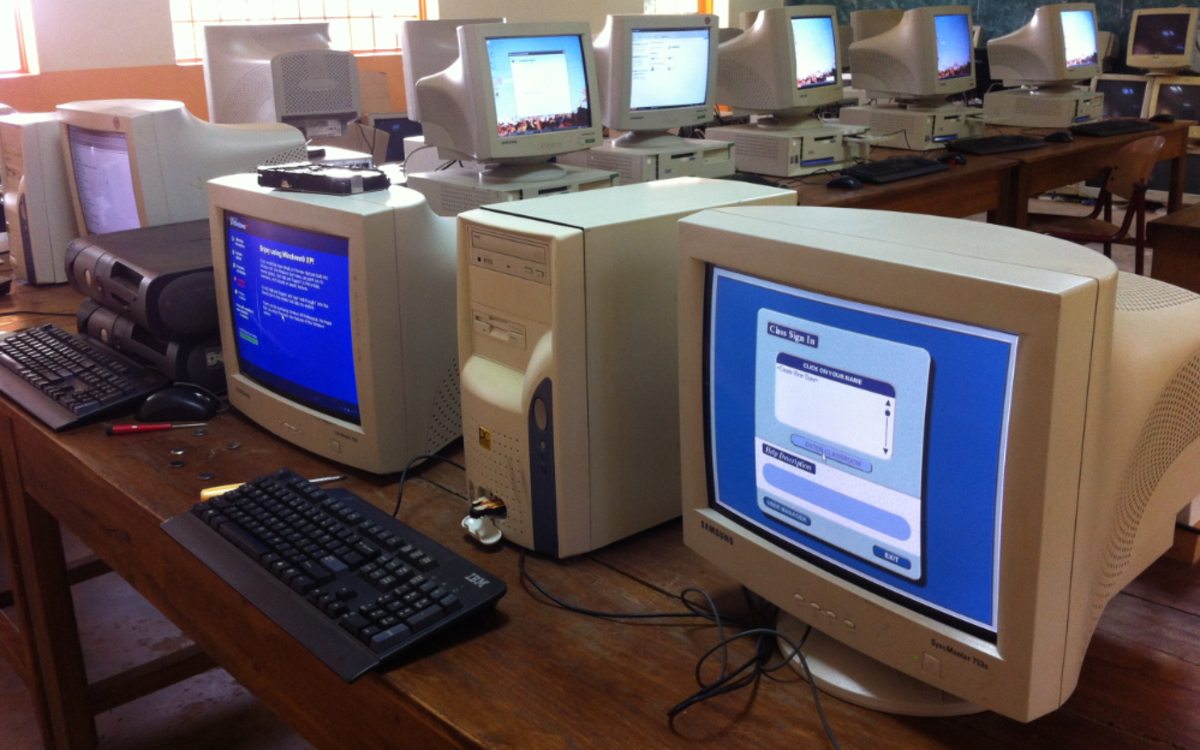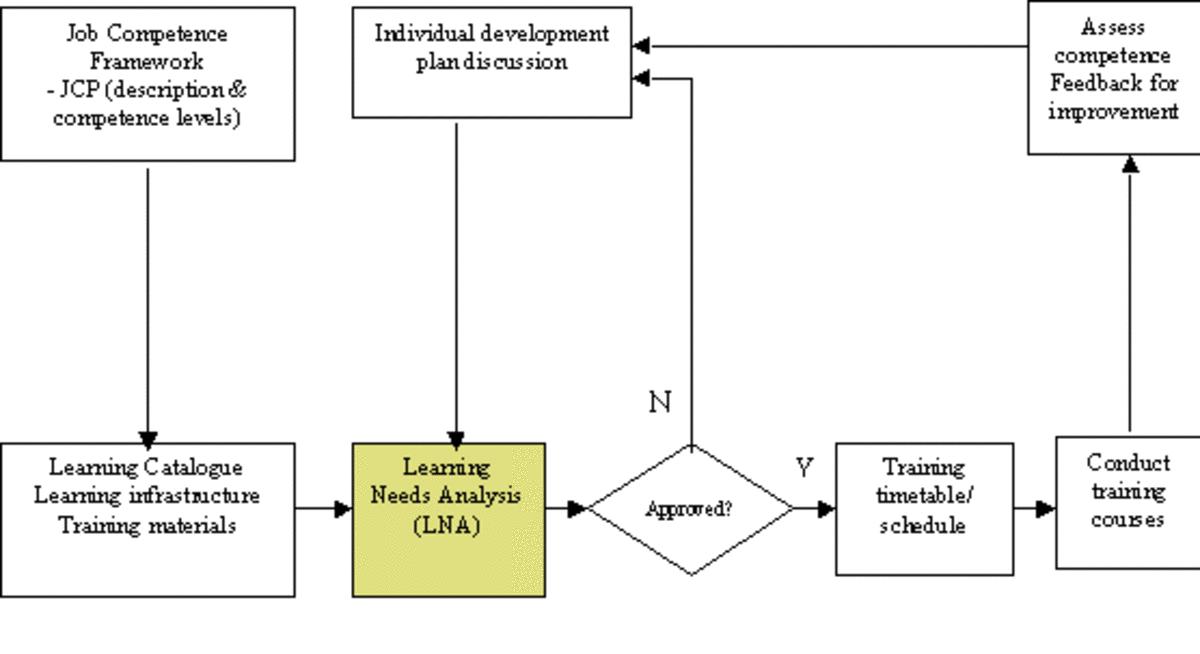Degrees Needed to Become a Computer Technician

© 2012 by Aurelio Locsin.
Computer technicians, also known as computer support specialists, install, maintain and repair hardware and software for organizations or individual consumers. They answer questions by phone, email or in-person; instruct users and upgrade systems to the latest standards. Although some are able to work from home, most work 40-hour weeks in businesses, with some night or weekend shifts. Employers typically require postsecondary training for the profession.
Bachelor’s Degrees
Many computer technician positions need at least a bachelor’s degree, especially in large corporations that employ professionals who have a similar minimum educational background. Majors in computer science, information science or hardware engineering are acceptable. Programs of study typically last four years, with an example of required subjects provided by Oklahoma State University for its Bachelor of Science in Computer Science. They include math, computer science, English, history, natural and social sciences, and electives from engineering, geography and statistics.
Options
Some employers require only a two-year associate degree in computing. For technicians at call centers, who may specialize in only one or two products, experience may suffice. Whatever their background, all technicians receive on-the-job training that lasts three months or longer to learn about company policies and procedures, customer service and undocumented peculiarities about the hardware and software they handle. Certification in specific products is also available from vendors and manufacturers, which can enhance job opportunities and increase salaries. This usually entails passing an exam and paying a fee, with many employers shouldering the costs for existing employees.
Characteristics
Technicians with certain personal characteristics may find it easier to obtain a degree or succeed at their tasks. Although they are experts with machines, they primarily deal with people, so good interpersonal skills are important. They must listen actively to users as they explain issues, and be able to communicate clearly in writing and verbally to explain working procedures. They must also have good analytical skills to determine the cause of problems and effect solutions. Those who show organizational and administrative skills may advance to more complex tasks, or supervise other technicians.
Careers
The Bureau of Labor Statistics predicts job increases of 18 percent for computer technicians, which is less than the 22 percent expected for all computer jobs but more than the 14 percent projected for all occupations in all industries. Healthcare industries will provide the largest area of growth. As of May 2011, technicians earned a mean $51,820 per year, or $24.91 per hour, although the top 10 percent earned over $81,190 yearly, or $39.03 hourly. Most worked for computer systems design and related services to average an annual $53,630, or $25.79 per hour. The highest wages were with other investment pools and funds, such as trusts and estates. Earnings here ran a mean $72,670 per year, or $34.394 per hour.
Related Links
- The Highest Paid Doctors in the USA: Medical Specialties with the Best Paying Salaries
Though doctors earn the highest pay in the U.S. as a group, those who are specialists earn even better salaries. - The Highest Paying Computer Jobs in the USA - Part 1: Computer Hardware Engineer Salaries
The first part of a continuing series on high-paying computer jobs in the US. Find out what computer hardware engineers make. - Ordered Computing: Salaries and Employment for Network and Systems Administrators
oth network and systems administrators design, install and manage computer systems for organizations. Find out how much they make. - Alocsin's Computer Jobs and Salaries Index
The following is an index to Alocsin's hubs on computer jobs and salaries, sorted alphabetically by title. Click any link to visit its associated hub. Feel free to add any constructive criticism in the Comment field at the end of this index. - U.S. Bureau of Labor Statistics
The Bureau of Labor Statistics is the principal fact-finding agency for the Federal Government in the broad field of labor economics and statistics.








